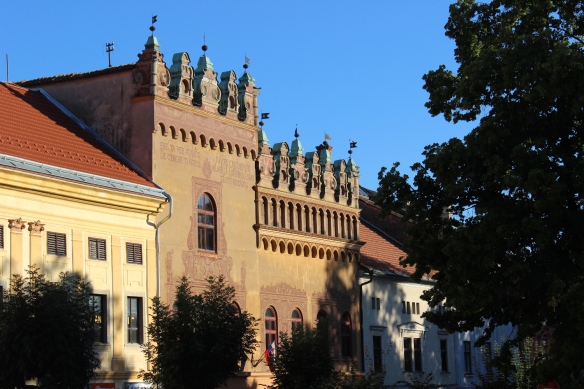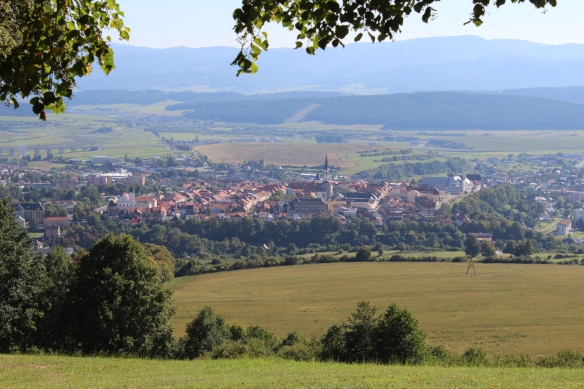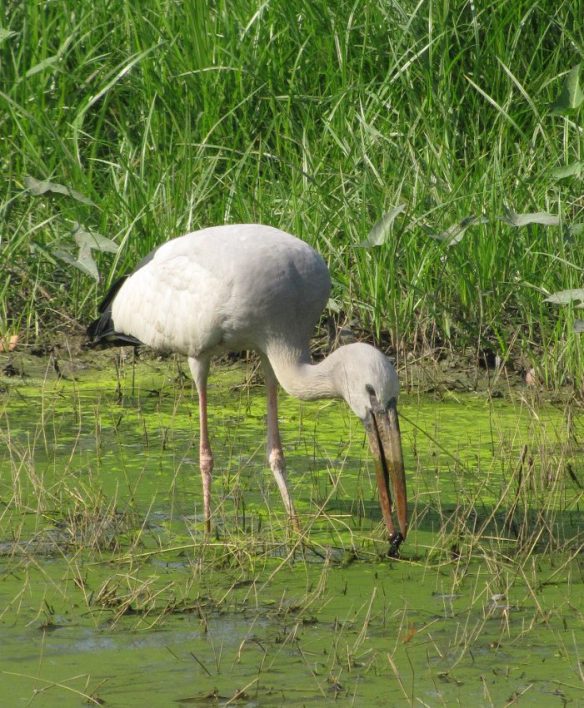WorldBookProject is going strong with some really good reads in the second half of November. I also enjoyed reading quite a bit in German – and I suspect the number of German translations I’ll read might actually rise, since it seems that translation into German occurs more than into English.
80 Dominican Republic: Julia Alvarez – Die Zeit der Schmetterlinge
I’ve lost count of how often I’ve already written ‘I had no idea …’, and Dominican history is part of this sad chorus. Luckily, ‘In the time of butterflies‘ has rectified that a bit. Beautifully written, the part I loved most was how the perspective was shifted from one of four sisters to the next. The story itself made your blood freeze at times, but it showed the resistance against dictatorship, censorship and discrimination is not futile. Vivas las mariposas!
81 Greece: Amanda Michalopoulou – Why I killed my best friend
Greek history after WWII – no idea … and in the case of this book I actually believe my understanding of the story might have gained from some help by the author (by using footnotes?) because of all the political parties and shenanigans between them. Having said that, the main story about a possessive and destructive friendship, or dependence, or emotional shackling, kept me hooked until the very last page. The title of the post is a quote from the book.
82 Mali: Modibo Sounkalo Keita – Bogenschütze
Superficially a crime novel, this book had plenty to it. The avenging archer who gave the story its title, corruption, issues with polygamy, environmental disaster – the story had it all. While on the whole I enjoyed most aspects of this novel, I have to say that the way it dealt with women was sometimes patronizing and in one or two scenes actually insulting.
83 Senegal: Mariama Bâ – Ein so langer Brief
‘So long a letter’ was honest, depressing, powerful stuff about how to live a meaningful and fulfilled life despite all the madness and evil that life (=other people) throws at you. This tiny book is a shining beacon in the pits so many women are still forced to exist in.



















